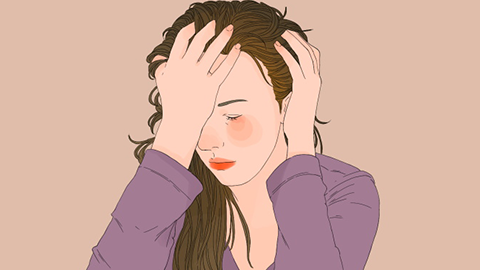What are the manifestations of intermittent mental illness?
Intermittent psychosis is characterized by episodic manifestations, with significant differences in symptoms between the acute phase and remission phase. During episodes, primary symptoms include abnormal perception, disorganized thinking, extreme emotional fluctuations, loss of behavioral control, and impaired insight. A detailed analysis is as follows:

1. Abnormal perception: Hallucinations are common during episodes, particularly auditory and visual hallucinations. Patients may hear non-existent commanding voices or see terrifying images. These abnormal perceptions directly affect judgment and trigger anxiety or fear.
2. Disorganized thinking: Thoughts lack logic, speech is marked by abrupt topic shifts and incoherence, and delusions may emerge—such as a firm belief that one is being watched or persecuted, or that one possesses special abilities. These beliefs cannot be corrected by rational argument.
3. Extreme emotional fluctuations: Emotional states are highly unstable. A patient may suddenly shift from calmness to rage, exhibiting aggressive behaviors, or rapidly fall into severe depression, showing crying and despair. These emotional reactions are markedly incongruent with the actual situation.
4. Loss of behavioral control: Behavior becomes abnormal during episodes, possibly including impulsive destruction of property, aimless wandering, or repetitive, meaningless actions. Some patients may neglect personal hygiene or engage in risky behaviors that could harm themselves or others.
5. Impaired insight: During acute episodes, patients are unable to recognize their own abnormalities, refuse to acknowledge illness, and resist treatment. During remission, cognitive function may return to normal, allowing unaffected daily functioning and work performance, although relapses can be triggered by certain factors.
The severity and frequency of these symptoms vary among individuals. Identifying patterns of episodes and avoiding triggers, combined with standardized treatment, can effectively reduce the frequency of relapses and minimize impact on daily life.




